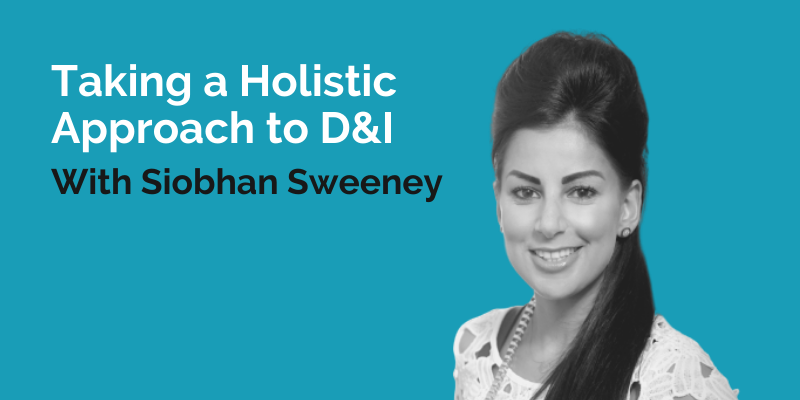In our fifth podcast episode in series 1 of “Conversations With Coopman”, Siobhan Sweeney, Director of Development and Head of Diversity and Inclusion with the Open Doors Initiative, joins co-hosts Andrew Murphy and Mark Fallon to discuss how diversity and inclusion (D&I) is being driven in financial services and what is needed to create a more diverse and inclusive workplace.
Siobhan joined AIB in 2006 and held a number of roles throughout the organisation before moving into the role of Diversity and Inclusion Lead, developing AIB’s D&I strategy to further evolve mindsets to break down biases, raise awareness and deliver support initiatives across the group. Siobhan is currently on secondment with the Open Doors Initiative where she works with over 80 organisations to provide employment opportunities for some of the marginalised members of our society.
In this episode, Siobhan discusses the need for further awareness and education to drive the D&I agenda, how AIB successfully implemented a holistic D&I strategy, how financial services companies are doing in the D&I space and the impact of the Open Doors Initiative.
Key takeaways from the conversation include:
1) AN INSIGHT INTO THE OPEN DOORS INITIATIVE
Open Doors is a not-for-profit organisation that works with a number of companies to help people from marginalised communities get into the workplace and create pathways to employment.
Open Doors works with the Government, non-profit organisations and other organisations across various sectors.
Employment is a key focus and is driven on a daily basis through their partnerships, providing permanent opportunities, internships and apprenticeships, mentoring and coaching for those people most in need in Irish society.
2) AIB’S D&I STRATEGY
It is important to align an organisation’s D&I strategy with its overall priorities, to take a holistic approach and to create awareness in order to make it meaningful.
One of AIB’s key priorities was culture, in which D&I fitted into the wider business strategy. AIB ensured it created awareness amongst staff, supported staff in relation to D&I and embedded it into the culture of the organisation. Initiatives were very much employee-led and the company ingrained a bottom-up approach by encouraging employees to lead the way. Top management and leadership had to really focus on the importance of D&I as well, to allow for the company to meet in the middle.
Siobhan’s role was to drive this and bring both sides together, focusing on areas such as talent selection, decision making, policies and procedures, measurement, brand, customers and stakeholders. Siobhan focused on breaking this down and aligning it into tangible goals, selecting the areas in which the company could see real value for their work.
If you are starting out on the D&I journey, looking at how can you align a number of small initiatives and how they can be embedded into the company for constant evolution is critical.
3) D&I IN FINANCIAL SERVICES
So much work is being done in financial services, which can be seen more and more through social platforms and conversations within the D&I network. Communication plays a key part, companies need to talk about what is being done within organisations and openly share with employees.
There is a clear focus on creating an inclusive, friendly workplace in terms of an organisation’s building layout and its policies.
There is room to provide more education to help drive the importance of D&I amongst all employees.
Financial services companies are implementing a lot of employee-led task forces which are key in driving agendas in the different sectors.
Leaders are now also being held accountable in terms of metrics and KPIs, and where the industry needs to continue to improve is the focus on measurement.
4) ISSUES FACING INCLUSION
Due to Covid-19, inclusion has been the primary focus for leaders across all sectors. Inclusion is vital in supporting employee wellbeing, ensuring clear communication and helping employees stay connected to their teams.
One to ones are now happening through technology and this holds more importance in a wider context and not just around tasks, but making sure motivation is there and wellbeing is discussed. Collaboration is missing somewhat with lack of blue sky thinking which allows employees to articulate what they are thinking.
Post Covid-19 it is important that leaders ensure that inclusion does not mean visibility physically in the office in order to achieve progression and that inclusion is all encompassing.
5) HOW FINANCIAL SERVICES COMPANIES CAN MAKE IMPROVEMENTS
It is really important that organisations look at their talent selection. It is not a case of decorating your company’s office with flags and logos, holding one-off celebrations throughout the year, or holding events. It needs to be looked at more holistically, focusing on the talent selection piece.
HR and talent acquisition teams need to look at who is being recruited, how inclusive are their roles for different nationalities, and what barriers there are in the selection process that can be removed.
There is such a massive, highly qualified talent pool in Ireland currently not able to find a job due to existing bias. A person who may not be from Ireland for example, might have an address, name or country of origin that triggers bias in the selection process and this means companies are not representing a true reflection of Ireland’s diverse society.
Measurement and holding leaders accountable again is a key area to focus on as this will ensure change happens and progress made.
6) A GOOD EXAMPLE OF COMPANY SUCCESS IN D&I
The companies that do the best in D&I are authentic and lateral in their thinking processes and in setting up initiatives to create awareness in an organisation. Those who are authentic embed it in everything they do, and you feel it and see it, so it is not just a tick the box exercise. Some companies even let their employees vote on what the focus should be in terms of internal programmes, which is a great way to get people involved.
To make it organic and to get buy in it must come from a real place – programmes and initiatives that are around when times are not as easy, such as now, are an example of this. In such companies, it is ingrained in their DNA and even when budgets are tight, they still want to look at developing or starting initiatives.
Organisations that are looking to tick a box when it comes to D&I and do not have a genuine approach may likely experience some backfire. Especially now with online sites such as Glassdoor, if a company does not fully commit to a genuine D&I strategy, it can be easily shared, and employees may not want to work there which will ultimately effect talent retention.
By being holistic, authentic and genuine in your approach to your D&I strategy with clear and realistic goals driven from the bottom-up and top-down, then there is a chance to benefit marginalised communities, involve employees in initiatives that are important to them and create a true representation of Irish society.
TO WRAP UP
Diversity and inclusion are two different areas that go hand in hand with one another within any organisation. The consideration to both in people management strategies and practice is paramount in today’s world. A company needs to take a holistic and genuine approach to its D&I strategy, ensuring its commitments align with the company’s overall priorities and are truly embedded in the company’s culture at all levels. The Open Doors Initiative works with companies across the financial services sector, providing support, guidance, training and more to their partners in order to create diverse and inclusive talent pools by providing opportunities for marginalised members of our society.
Listen to “Taking a Holistic Approach to D&I With Siobhan Sweeney” on Spotify, Apple or Anchor now, or sign-up to receive the latest podcast episodes straight to your inbox.
If you are interested in taking part in the podcast series, send your details to connect@coopman.ie and we will be in contact soon.








